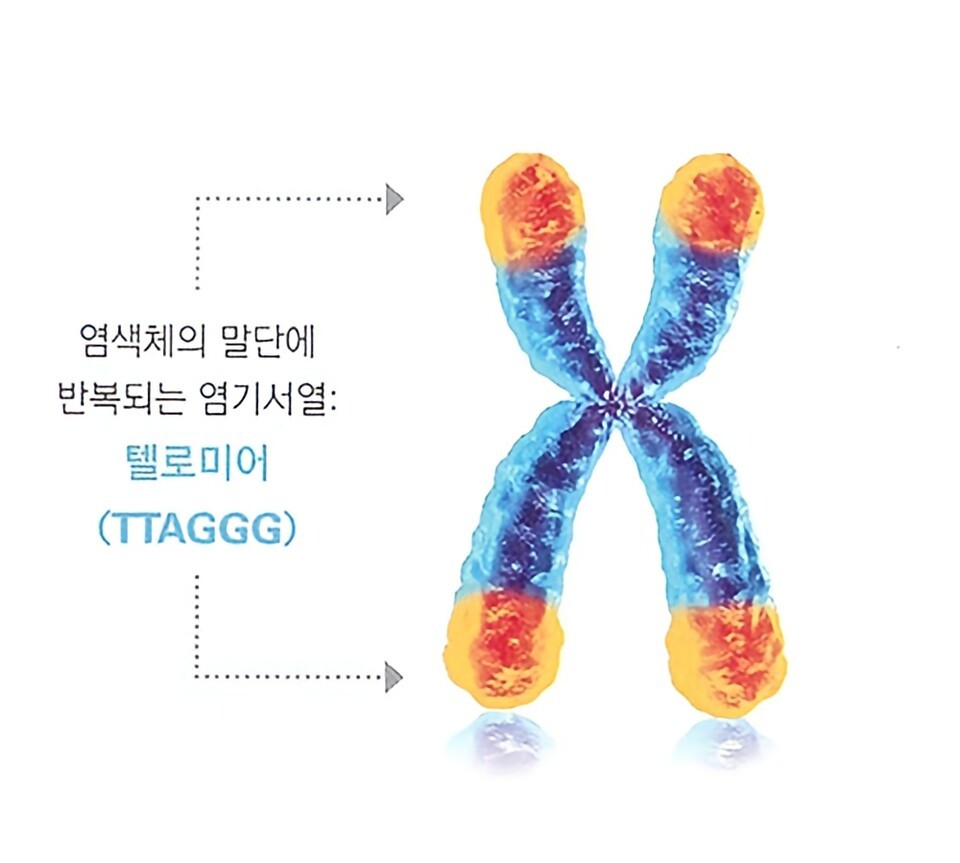Research findings have shown that vitamin D may slow down cellular aging. A research team at Georgia State University School of Medicine in the United States announced that vitamin D is effective in maintaining the length of telomeres, which are structures that cap the ends of chromosomes. Telomeres play a critical role in protecting the DNA at the ends of chromosomes from damage during cell division.

The researchers conducted a four-year follow-up study on 1,054 men and women over the age of 50. Participants were randomly divided into four groups: daily intake of vitamin D3 (2000IU), omega-3 intake, a combination of both substances, and a placebo. Blood samples were collected at the start of the experiment, and again at two and four years, to measure the length of leukocyte telomeres.
The group that took vitamin D3 showed less reduction in telomere length compared to the placebo group. On average, telomeres were approximately 140 base pairs longer. Based on previous studies suggesting a relationship between telomere length and biological age, researchers interpreted this difference as indicating about a three-year delay in cellular aging. However, no change in telomere length was observed in the group taking omega-3.
The study was published in ‘The American Journal of Clinical Nutrition.’ Joan Manson, a professor at Brigham and Women’s Hospital and co-author of the study, stated, “This is the first large-scale clinical observation of the effect of vitamin D on maintaining telomere length over an extended period.”
Telomeres are closely related to cellular aging. Previous research has shown that individuals with shorter telomeres have a three-fold higher risk of dying from heart disease and a nine-fold higher risk of dying from infectious diseases. Meta-analysis results also suggest that telomere length is associated with overall mortality rates.
However, researchers clarified that this experiment did not directly prove a causal relationship. The blood vitamin D levels of all participants were not continuously monitored, and the dosage was fixed at 2000IU.
Vitamin D is naturally synthesized through sunlight exposure, but many modern people who lead indoor lifestyles are often deficient. In Korea, this deficiency is particularly pronounced during winter and among the elderly. Vitamin D is known to be associated not only with osteoporosis prevention but also with certain cancers, autoimmune diseases, cardiovascular diseases, and cognitive decline.
The Mayo Clinic in the United States recommends the daily intake of vitamin D as follows: 400IU for infants under one year, 600IU for individuals aged 1-70, and 800IU for those over 70. However, absorption rates vary among individuals, and those with intestinal disorders or surgery history may require higher intake.
Experts emphasize caution against excessive intake when self-administering vitamin D. Since vitamin D is fat-soluble and accumulates in the body, intakes exceeding 4000IU per day may cause side effects such as hypercalcemia and reduced kidney function.
This study demonstrates the potential of vitamin D to slow down the rate of cellular aging. Researchers plan to analyze the exact causal relationship through additional clinical trials.